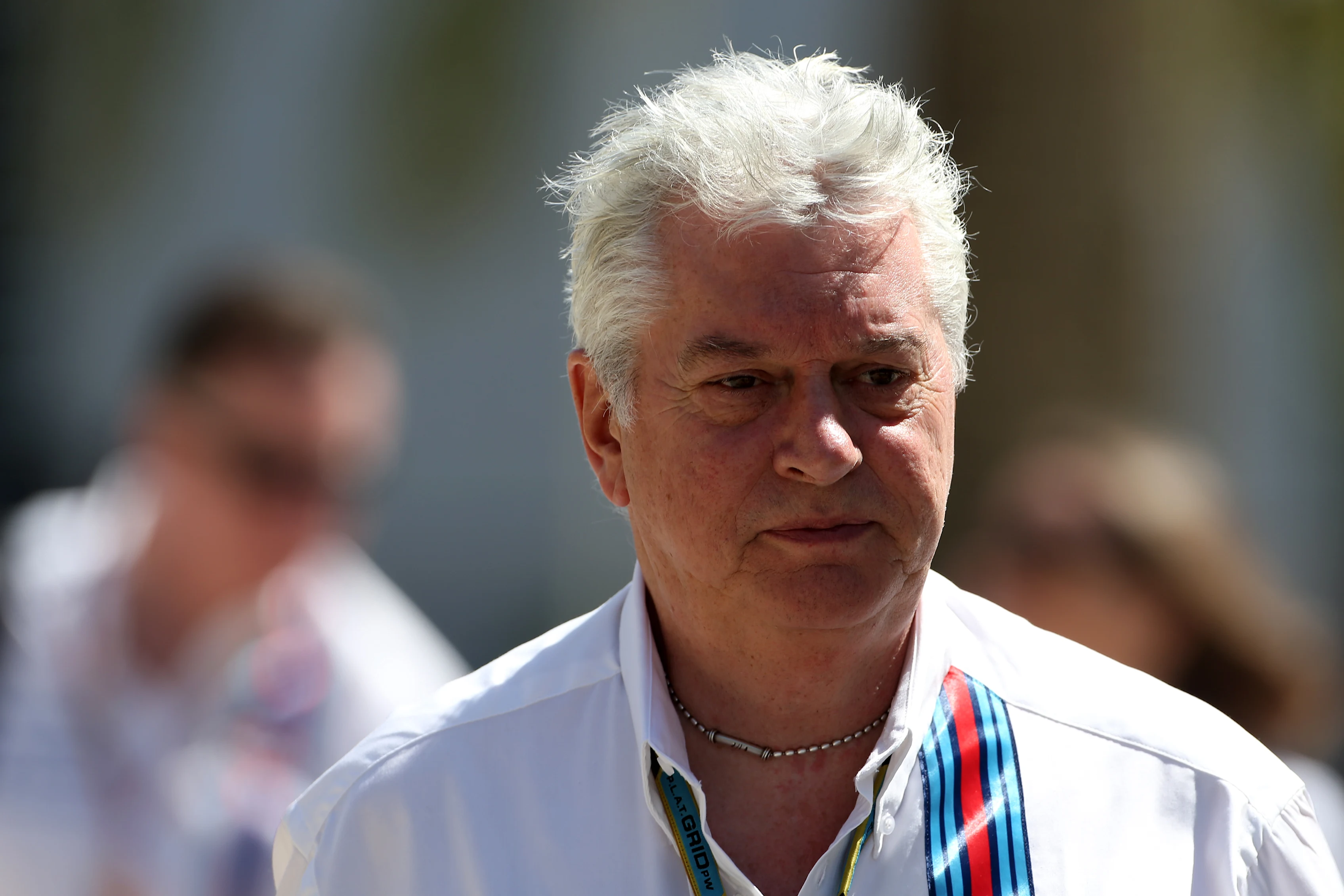After a decade spent fighting decline, Williams staged a stunning turnaround in 2014 to claim nine podiums and finish third in the constructors' standings. In an exclusive interview, Pat Symonds - key to the resurrection - outlines the plans laid to ensure such success is not fleeting, why he believes Williams can return once more to the F1 summit, and why Valtteri Bottas has all the hallmarks of a potential great...
Q: Pat, you have gone from zero to hero in Formula One racing - you're now probably one of the most sought-after figures in the paddock... Pat Symonds: I hope I have never been a zero... (laughs)
Q: Then let's put it this way: you had zero impact in F1 racing for some time because you haven't been in F1 racing...
PS: True. And now I am enjoying being with Williams. It is a great team. Yes, of course it's nice when you are in demand - but to be honest, I do things that I want to do. And I like working here, I like the people and I like what we are trying to achieve. I am happy here.
Q: What is your secret for the resurrection of Williams? (Deputy team principal) Claire Williams frequently said that the lion's share of the team's 2014 success is down to you...
PS: Well, when I arrived at Williams I saw that we had some really good people but they weren't very organised, so a lot of the efforts were going to the wrong places. What I think I've done is not to tell them how to design a car, but outline 'this is how to work'. When I then saw people working together I started to think about performance. There might now be a bit more discipline in how Williams works and people are much more productive now. I have not achieved any miracles - it is down to the fact that I had really good people when I arrived and I started to use them properly. That is what made the difference.
Q: Williams were battling decline for around a decade - but now within one year they are possibly Mercedes' number-one challenger for 2015 honours. What were your three most crucial changes? PS: Communication is one. I put the emphasis on car/team performance rather than wind tunnel performance, and these kinds of things. And the third thing is to empower people to make decisions without fear. These are the three most important aspects of getting Williams back on its feet.
Q: When you joined, were you surprised about the poor state Williams was in? Having been the benchmark for so many years, at the end of 2013 they were ninth in the constructors' championship... PS: Yes. In the mid-90s when I was at Benetton my main rival was Williams. So yes, I was a bit surprised when I arrived at Grove to find there were certain aspects that had not really moved on from these days. Not so much technically - the main thing was attitude. The attitude hadn't moved on. That surprised me. There was more to do than I had expected when I arrived.
Q: Right now the wind tunnel and virtual car design is king. Are you trying to bring car design onto the track - to the real world - again? PS: Yes, that is exactly what I mean. There are times when people are too locked into simulation and the wind tunnel without really thinking 'what does it mean to the car on the track'. I think I brought a little bit more integrity to what we do - to focus on the performance of the real car. As an example: it is better to have a slightly lower number in the wind tunnel if it is a consistent number. We go from the virtual world back to the real world as the virtual world is part of engineering - but the focus is also on real track performance.
Q: While you never really lost touch with F1 racing, the development moved on very rapidly while you were away. How did you keep up? Particularly as many people who never had spells away couldn't hack the pace...
PS: Ha, yes it is hard to keep up. I spent one and a half years doing nothing - or very little - concerning Formula One. In that time there have been massive rules changes. But when you stand back and look at things you probably see things that you had not thought of previously which are now very clear. So you gain a bit and you lose a bit. Of course if you do shut down for any period of time it is difficult to come back, but I have always been someone who is looking out for things and trying to keep up with things - so the comeback was not really so much of an issue.
Q: Last year's cars weren't really eligible for a beauty contest. This year's cars look better - so it is possible to marry cutting-edge technology with design... PS: Yes, it is. I agree that last year's car in general didn't look good - the Williams was one of the better-looking cars to be honest. The 2015 cars are definitely better looking - but the car that wins always looks best! (laughs)
Q: Drivers are dreaming about 1000hp cars - do you share that dream? PS: It is possible to have these kind of cars - and not even particularly difficult. I would not say that I am dreaming about such a car - but then I am realistic, not a dreamer. At the moment what we need is to provide a decent business solution and not lose teams because it is so expensive. These are far more important concerns. 1000hp cars - great, good fun! But is that the right thing for F1 at the moment? I am not sure. I think what we've done with the power unit for 2014 was absolutely the right thing to do - probably we didn't make enough of it. 1000hp cars are not an instant cure. The Toyota Le Mans car has also 1000hp, and it is not more spectacular than a Formula One car. Last year we had some great racing, so let's concentrate on racing and not follow wishful thinking.
Q: If the going gets tough, will Mercedes supply you with the same power unit they run? Isn't it that charity begins at home? PS: Yes it does start at home. But we know that we get the same power unit. The rules dictate that all power units have to be the same. Physically the hardware is exactly the same. How we use the engine is very much down to us. So it is down to our engineering skills and judgment of risk. I am very happy with the power unit we have and the relationship we have with Mercedes.
Q: You are quoted as saying that if Williams wants to move ahead it needs more funds. Where do you look - and how much would you estimate the gap is between the 'big spenders' and Williams? PS: What I actually said is that if we need to win consistently we need more funds. We can still move forward, as I see that within our budget we can still make improvements. I think it is wrong to say that you can't do better with a small budget. We beat Ferrari last year and we probably have half their budget. So these things can be done - you just have to work a little bit smarter. There are things that you like to do that you can't if your budget is less. But let's be clear: Williams doesn't have a small budget - we have a very healthy budget. But some of the teams we are fighting do have extremely large budgets and when you are in a formula where attention to detail is everything, you better use your funds more smartly than others. Ultimately money doesn't buy you results.
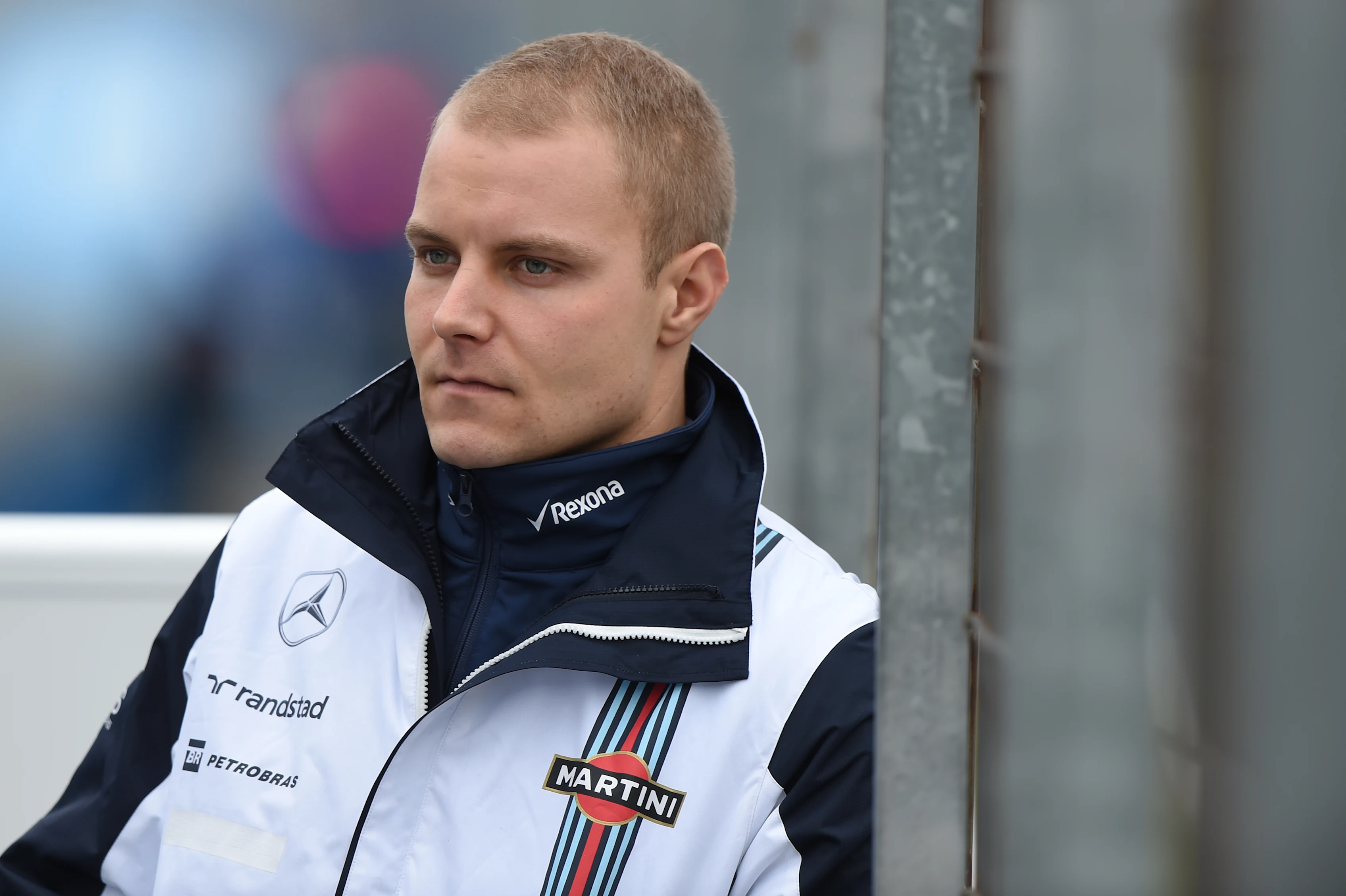
What I've seen in the great drivers I have worked with I also see in Valtteri. He regards it almost as a right to be champion.
Q: You've worked with Ayrton Senna, Michael Schumacher and Fernando Alonso - now it is Valtteri Bottas and Felipe Massa. What do you make of the pair - and where do you see the 'champion gene'?
PS: It is difficult to rate the drivers precisely. The first top driver I worked with was Senna in the 80s, with Schumacher in the 90s and with Fernando in the mid 2000s - roughly ten years apart with each driver. Now we have again moved ten years on from first winning with Fernando, and we have Valtteri as the young guy many think is capable of doing it. Bear in mind that ten years is a lifetime in F1, so the actual requirements of a driver have changed significantly. You mentioned the word 'gene' - and I think there is something to this word. It is something in the sportsman himself that is a common factor. Actually there are several factors: not just the desire to win - everyone here has that desire to win - but some of them have that burning passion, the absolute belief that they can do it. I think that right now there are drivers out there who are damned fast, but they doubt themselves at times - and the minute a sportsman doubts himself he is already defeated. What I've seen in the great drivers I have worked with I also see in Valtteri. He regards it almost as a right to be champion. There are other traits in the so-called 'champion gene' - like attention to detail and work ethic. These things don't come easily. In Valtteri I see all these things that I saw in the others over the last 30 odd years. So I have all the hopes that he will be a champion. With Felipe it is much more interesting assessing him. A lot of people know that Felipe was capable of winning a championship, because he very nearly did in 2008. After an accident in Hungary a lot of people thought 'well, okay Felipe, what a shame'. What we found at Williams is that we have awakened him - and it is not beyond possibility that if we build a good enough car, then Felipe can also win. In the latter part of the 2014 season he was a revelation. It was a Felipe that we haven't seen in years.
Q: You said before that you are not dreaming - that you are a realist - but what would make the realist fantasise? PS: There is no other thing to fantasise about than winning the championship. What I realistically want to see is us maintain and improve where we are. Last season was a great season coming in third. It was a bit of a shame that Williams didn't win a race along the way, so it would be nice to win this year. And I think we can finish in the top three again. I set myself aspirational targets and my aspiration target for this season is being better than we were in 2014.
Q: This is 2015. But do you hope to be a champion with Williams one day? PS: Absolutely. I have got another championship in me before I retire!
Next Up
Related Articles
.webp) How Lewis Hamilton became F1’s most influential fashion icon
How Lewis Hamilton became F1’s most influential fashion icon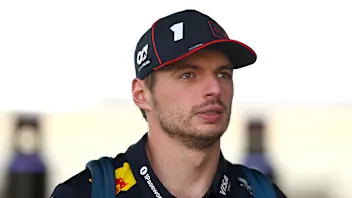 Verstappen on what he would never do as an F1 team boss
Verstappen on what he would never do as an F1 team boss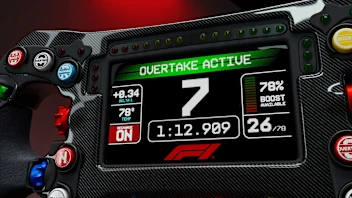 ExplainedAll you need to know about F1’s new power units
ExplainedAll you need to know about F1’s new power units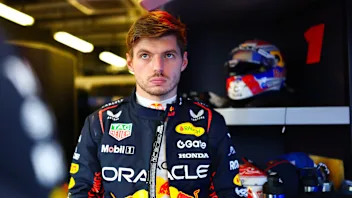 Verstappen names his most difficult season in F1
Verstappen names his most difficult season in F1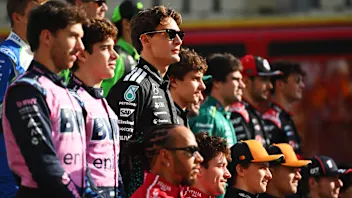 VOTE: Who has the best driver line-up for 2026?
VOTE: Who has the best driver line-up for 2026?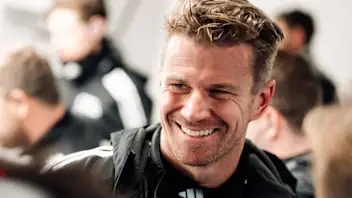 Audi run 2026 car on track for the first time
Audi run 2026 car on track for the first time
